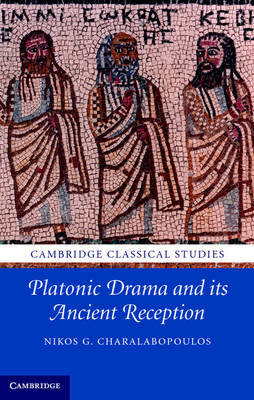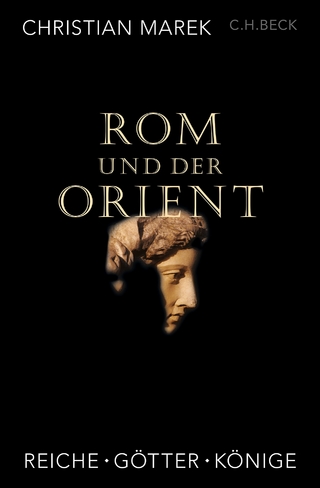
Platonic Drama and its Ancient Reception
Seiten
2012
Cambridge University Press (Verlag)
978-0-521-87174-7 (ISBN)
Cambridge University Press (Verlag)
978-0-521-87174-7 (ISBN)
This book studies the reception of Plato's dialogues as performance texts both by his original audience and by his readers down to late antiquity. A combination of well-known and newly discovered pieces of literary and archaeological evidence tell the forgotten story of 'Plato the playwright'.
As prose dramatic texts Plato's dialogues would have been read by their original audience as an alternative type of theatrical composition. The 'paradox' of the dialogue form is explained by his appropriation of the discourse of theatre, the dominant public mode of communication of his time. The oral performance of his works is suggested both by the pragmatics of the publication of literary texts in the classical period and by his original role as a Sokratic dialogue-writer and the creator of a fourth dramatic genre. Support comes from a number of pieces of evidence, from a statue of Sokrates in the Academy (fourth century BC) to a mosaic of Sokrates in Mytilene (fourth century AD), which point to a centuries-old tradition of treating the dialogues in the context of performance literature and testify to the significance of the image of 'Plato the prose dramatist' for his original and subsequent audiences.
As prose dramatic texts Plato's dialogues would have been read by their original audience as an alternative type of theatrical composition. The 'paradox' of the dialogue form is explained by his appropriation of the discourse of theatre, the dominant public mode of communication of his time. The oral performance of his works is suggested both by the pragmatics of the publication of literary texts in the classical period and by his original role as a Sokratic dialogue-writer and the creator of a fourth dramatic genre. Support comes from a number of pieces of evidence, from a statue of Sokrates in the Academy (fourth century BC) to a mosaic of Sokrates in Mytilene (fourth century AD), which point to a centuries-old tradition of treating the dialogues in the context of performance literature and testify to the significance of the image of 'Plato the prose dramatist' for his original and subsequent audiences.
Nikos G. Charalabopoulos is Lecturer in the Department of Philology at the University of Patras.
1. Setting the stage; 2. The metatheatre of dialogue; 3. Performing Plato; 4. Plato's theatre: the fragments; Finale; Appendix: an Academy inscription.
| Erscheint lt. Verlag | 5.4.2012 |
|---|---|
| Reihe/Serie | Cambridge Classical Studies |
| Zusatzinfo | 5 Halftones, black and white |
| Verlagsort | Cambridge |
| Sprache | englisch |
| Maße | 145 x 222 mm |
| Gewicht | 600 g |
| Themenwelt | Geschichte ► Allgemeine Geschichte ► Altertum / Antike |
| Geisteswissenschaften ► Philosophie ► Philosophie Altertum / Antike | |
| Geisteswissenschaften ► Sprach- / Literaturwissenschaft ► Anglistik / Amerikanistik | |
| Geisteswissenschaften ► Sprach- / Literaturwissenschaft ► Literaturwissenschaft | |
| ISBN-10 | 0-521-87174-3 / 0521871743 |
| ISBN-13 | 978-0-521-87174-7 / 9780521871747 |
| Zustand | Neuware |
| Informationen gemäß Produktsicherheitsverordnung (GPSR) | |
| Haben Sie eine Frage zum Produkt? |
Mehr entdecken
aus dem Bereich
aus dem Bereich


